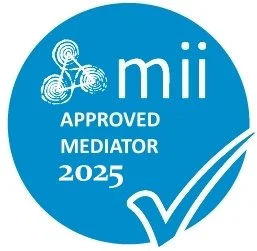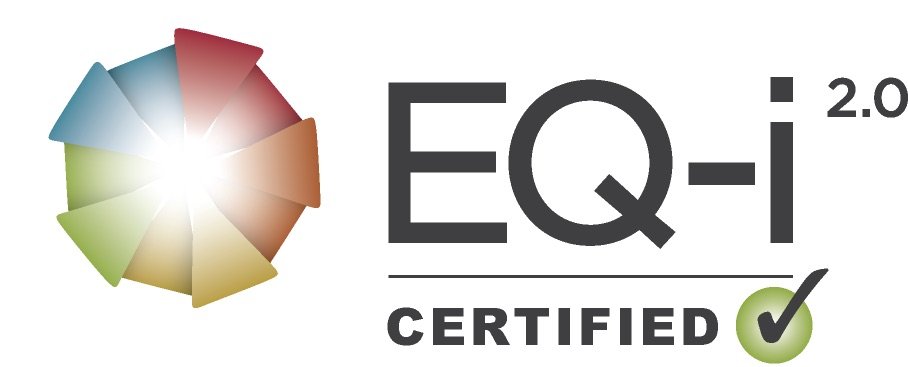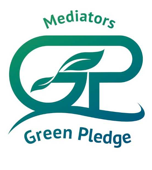Mediation
Mediation is a cost-effective, confidential and swift process which will not only help you to work through your issues, it very often restores or repairs any damage done to relationships.
It is an entirely safe and secure process between the parties and the mediator. It is a method of dispute resolution which leaves control of the outcome in the hands of the parties. The mediator remains neutral, and serves to facilitate the negotiations between the parties. It is a flexible method of dispute resolution, and is geared towards reaching workable future-focused solutions.
The Core Principles of Mediation
Voluntary: Your attendance at a mediation must be entirely voluntary, and you may therefore leave at any time you wish.
Confidential: The entire mediation process is confidential as between the mediator and the parties. Only in very strictly defined circumstances may this confidentiality be breached, e.g., in the case of criminal activity.
Self-Determinative: You decide the outcome that best suits you and your situation, rather than have a court judgement imposed upon you. Equally, as a mediator I am there to facilitate a negotiation between the parties, rather than suggest solutions. The parties to the dispute reach a mutually acceptable resolution, one that works for them.
Impartial: As mediator, I remain neutral and impartial at all times.
How it works:
Once you contact me, I will make contact with each of the parties to organise a pre-mediation talk about their situation, and during this talk I will gather information and explain further about mediation and what it involves.
After these initial meetings, you will proceed to the mediation. In the opening session there is a brief discussion about the form of the mediation and the parties agree certain things such as to be mindful and respectful of each other’s views.
The mediation then proceeds - each party has the opportunity to speak without interruption. Following on from these initial statements of position, the mediation then continues with the parties openly discussing their positions. It is my task as mediator to facilitate this negotiation, and I guide and control of the process. During the mediation either I or one of the parties may wish to speak in private outside of the mediation room, and this is referred to as a ‘caucus’. If this occurs, I will always give equal caucus time to the other party to ensure impartiality.
Ideas and suggestions are put forward by the parties, as they work towards a mutually-acceptable solution. Matters are talked through until the parties have arrived at their agreement, or if preferred a Memorandum of Understanding. This can be put into writing, and the parties should seek legal advice before signing, as a signed mediation settlement/agreement will be binding in Irish Law, unless the settlement/agreement expressly states that the parties do not wish it to be legally binding. The choice is theirs.
Sometimes no solution is arrived at, in which case the parties will go their separate ways, but they will have gained a certain amount of appreciation for each other’s positions, and this may have helped them to distil the issues.
Contact me at mail@eileenblishen.com to organise a free no-obligation chat.
Further information







